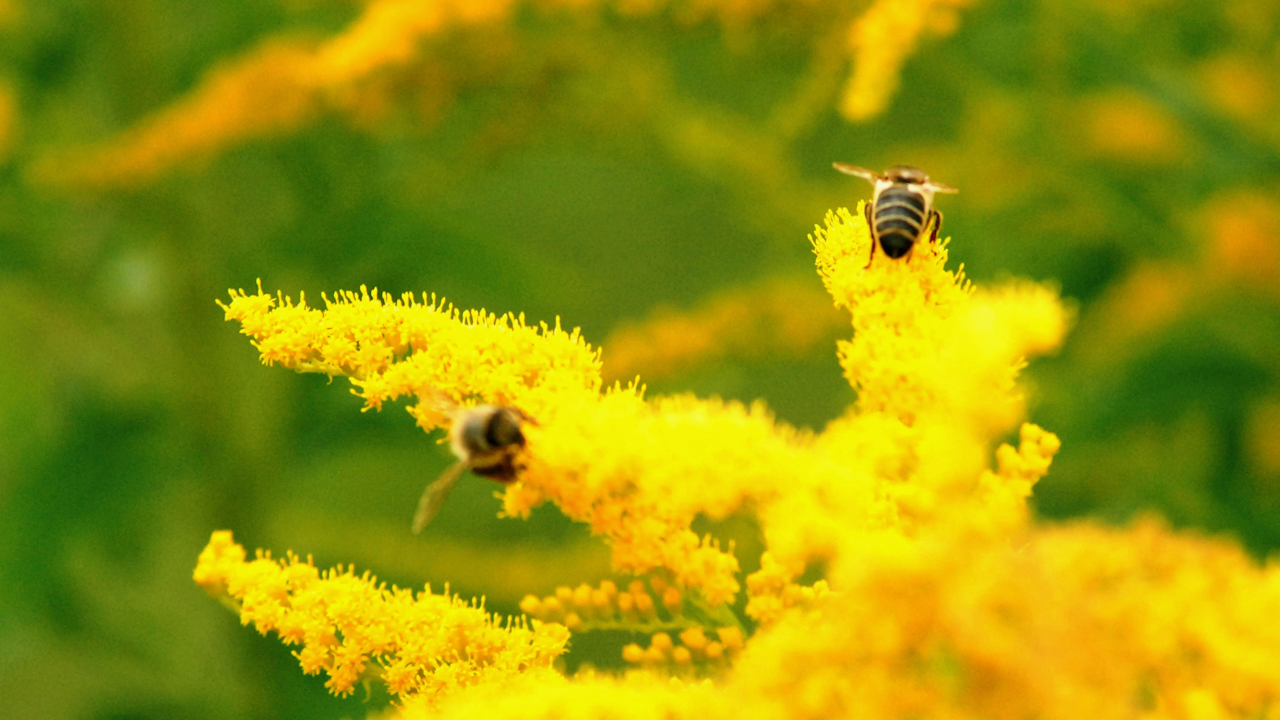Bees are often perceived simply as producers of honey, but their true value lies far deeper—in their role as indispensable agents of pollination in global agriculture. These tiny creatures are responsible for a significant portion of the world’s food production and ecological balance. Their contribution reaches beyond just fruits and vegetables, affecting livestock feed, crop yields, biodiversity, and even economic stability.
Approximately 75% of the world’s food crops depend, at least in part, on pollination by insects and animals, with bees leading the charge. This includes a wide variety of fruits, vegetables, nuts, and oilseeds such as apples, almonds, avocados, cucumbers, and canola. Without bees, the diversity and quantity of many foods would be drastically reduced, potentially leading to nutritional deficits and increased food insecurity worldwide. In addition to supporting direct human consumption, bees also pollinate alfalfa and clover, which are critical to feeding livestock. The indirect influence of bees on meat and dairy production underscores their integral role in sustaining multiple layers of the food supply chain.
Beyond their agricultural impact, bees enhance plant reproduction and genetic diversity. Pollination enables the cross-fertilization of plants, which is essential for the development of seeds and fruits with desirable traits. This diversity is vital for ecological resilience and long-term agricultural sustainability. In contrast to mechanical pollination methods, bees offer a highly efficient and cost-effective alternative. Their natural behavior, shaped by millions of years of evolution, allows them to target flowers precisely and transfer pollen more effectively than any human-engineered process.
The economic value of bees is staggering. Estimates suggest that pollinators, primarily bees, contribute over $200 billion annually to global crop production. In countries with strong agricultural sectors, such as the United States, Brazil, China, and India, the productivity and profitability of many crops hinge on healthy bee populations. For example, California’s almond industry alone requires billions of bees each spring to pollinate its vast orchards, making beekeeping an essential part of the agricultural economy. Moreover, smallholder farmers in developing countries rely heavily on natural pollinators like bees to maintain yields, highlighting their importance not just in industrial agriculture but also in subsistence farming and poverty alleviation.
Despite their critical importance, bees are facing multiple threats that jeopardize their populations and, by extension, global agriculture. Habitat loss due to urbanization, monoculture farming, and deforestation has significantly reduced the availability of nectar and pollen sources. Pesticides, particularly neonicotinoids, have been widely linked to bee mortality and impaired foraging behavior. In addition, climate change is disrupting the synchronicity between flower blooming periods and bee activity, further weakening pollination cycles. Pathogens and parasites such as the Varroa mite have also decimated bee colonies across continents, creating an ongoing crisis for beekeepers and farmers alike.
Efforts to protect and support bee populations have become increasingly urgent. Some countries have taken regulatory steps, such as banning certain harmful pesticides or encouraging pollinator-friendly agricultural practices. Initiatives promoting organic farming, crop diversification, and the planting of wildflower strips aim to create healthier environments for bees to thrive. Research into breeding more resilient bee species and developing natural alternatives to chemical pesticides is also gaining momentum.
Individuals can also contribute to bee conservation. Planting native flowers, reducing lawn mowing frequency, avoiding pesticide use in home gardens, and supporting local beekeepers are small but impactful actions. Educational campaigns are helping raise awareness about the plight of pollinators, encouraging communities to take collective responsibility for environmental stewardship.
The role of bees extends into cultural and symbolic domains as well. In many civilizations, bees have represented hard work, cooperation, and the interconnectedness of life. Their contribution to human progress, both agricultural and symbolic, has been significant throughout history. In the modern era, bees have become emblematic of the fragile balance between human development and nature.
As global food demand continues to rise, the reliance on bees will only grow. Urban agriculture, vertical farming, and other innovations may shift the landscape of food production, but the essential service bees provide through pollination remains irreplaceable. Unlike many technological solutions, bees operate in harmony with nature, supporting sustainable agricultural ecosystems.
The health of bee populations is not merely an environmental issue but a matter of food security, economic development, and global stability. Ensuring the survival of these pollinators means safeguarding the foundations of modern agriculture. Their work may go largely unnoticed, but without it, the shelves in grocery stores, the livelihoods of farmers, and the well-being of ecosystems would all be profoundly affected.
Protecting bees is not a luxury—it is a necessity. By acknowledging their value and acting accordingly, humanity can uphold a more sustainable and equitable food system. Their quiet labor is a reminder that even the smallest creatures can wield immense power in shaping the world.


